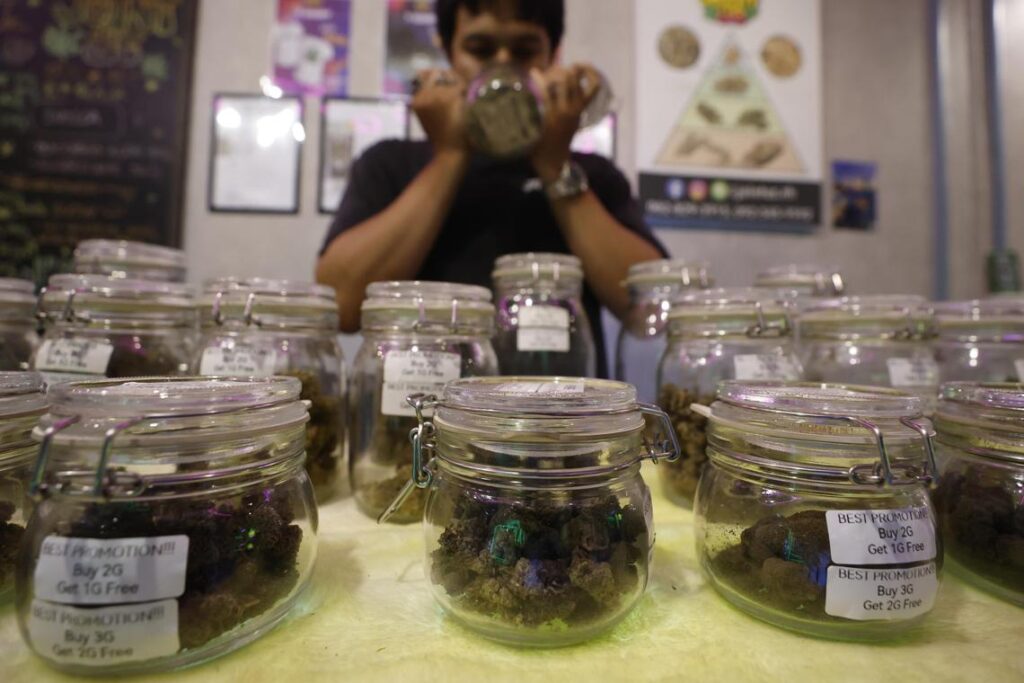Thailand’s Public Health Minister Somsak Thepsutin announced on May 23, that only cannabis buds will be relisted as a Category 5 narcotic. This decision marks a significant shift following the 2022 directive aimed at liberalizing cannabis laws and will soon be clarified in an official ministry directive.
New Cannabis Regulations Overview
Somsak indicated that further regulations will be established concerning:
– **Planting**
– **Possessing**
– **Importing**
– **Exporting**
– **Usage** of non-outlawed parts of the marijuana plant.
This initiative comes as part of a broader effort to regulate cannabis more effectively in the country.
Background: Cannabis Deregulation in Thailand
In 2022, the Public Health Ministry successfully removed marijuana and hemp from the national list of Category 5 narcotics, a decision made in collaboration with the Narcotics Control Board. However, the situation changed with the rise of Prime Minister Srettha Thavisin, who has expressed intentions to reform cannabis laws, raising concern among investors in the cannabis industry.
Specifics of the New Directive
On May 23, Mr. Somsak clarified that under the upcoming regulations:
– Only marijuana buds, which contain psychoactive elements, will be reclassified as illegal.
– Parts of the cannabis plant such as leaves, branches, roots, stems, and seeds will remain legal.
– Permission will be required for all activities related to marijuana, including planting for medical and research purposes.
When discussing the balance between regulation and accessibility, Mr. Somsak stated, “The new system of permission for planting or conducting other cannabis-related business should not create too much of a burden on people.”
Implications for Businesses
The introduction of a detailed regulatory framework aims to define who can legally engage in cannabis-related activities. Notable aspects include:
– Clear qualifications for individuals or businesses involved in planting or trade.
– A structured timeline for enforcement, giving businesses adequate time to adjust to these mandates.
Somsak assured stakeholders that the regulations would not hinder legitimate enterprises. He emphasized that “the ministerial regulation will set out a clear timeframe for enforcement, so businesses dealing with cannabis will have time to adapt their operations.”
Conclusion
As Thailand navigates the ever-evolving landscape of cannabis legislation, the move to relist marijuana buds as a narcotic signifies a noteworthy pivot in policy. The forthcoming regulations promise to provide clarity and structure to an industry that has seen growing interest and investment.
For more information about Thailand’s cannabis regulations, click [here](https://www.straitstimes.com/asia/thai-pm-says-cannabis-to-be-re-listed-as-narcotic-by-end-of-2024).


